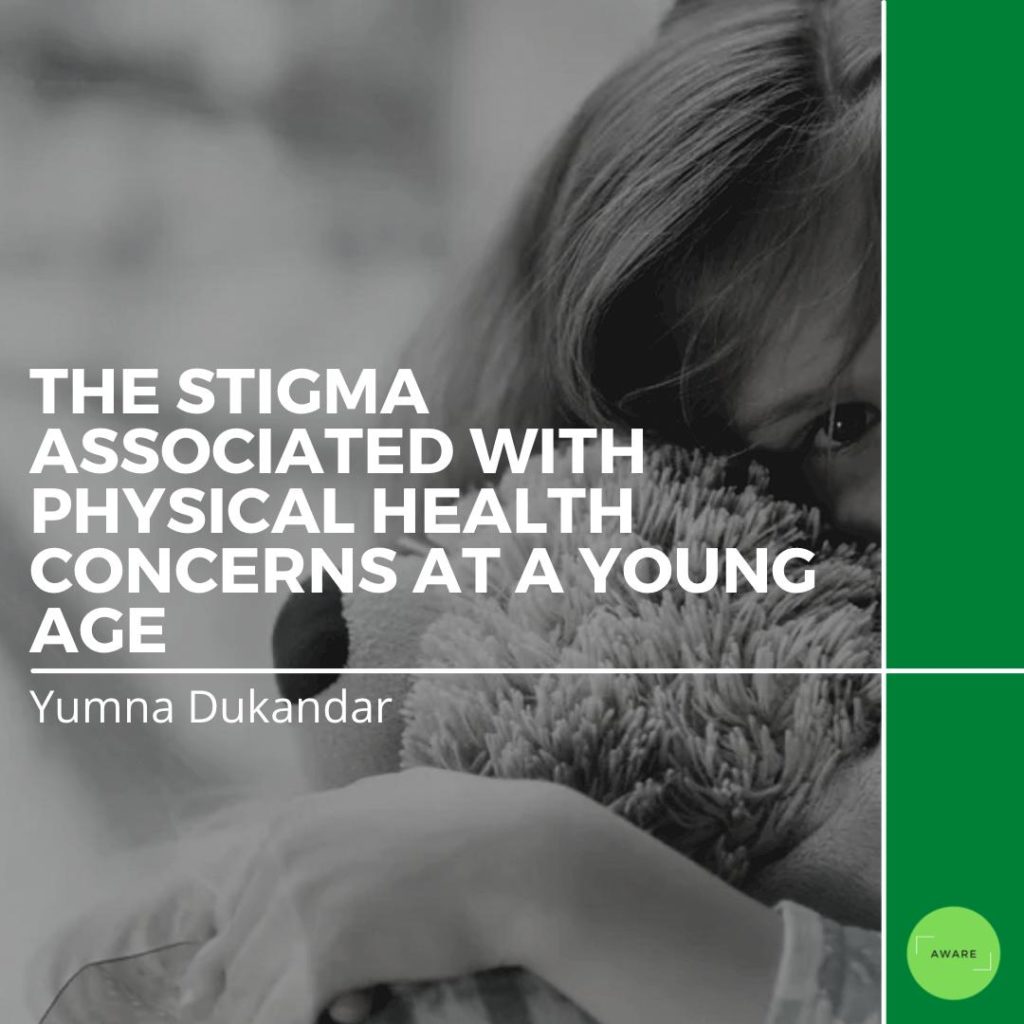“These are the best years of your life” is a common phrase heard by students worldwide. Being young is associated with youth, longevity, energy, partying, working hard, and, most importantly, good health. On the opposing end, ageing is associated with an increase in health concerns. In the famous Disney movie Up, the main character, Carl, is a silver-haired old man with a walking stick. The opening scene, where we learn that he is widowed and alone, evokes sympathy in all of us. We often sympathize with the elderly because we feel an instinctual need to protect innocence associated with fragile health. Would the animation have had the same effect if the older man was replaced with a 25-year-old working individual? The idea that chronic illness impacts younger people is overlooked, despite popular studies showing that up to 30% of adolescents experience illness lasting for longer than six months. While dealing with health issues at any age is challenging, your age alone brings its own trials when navigating struggling health and life simultaneously.
Here are some of the impacts of experiencing illness at a young age.
Negative Body Image
Physical appearance often becomes a more prominent focus during the adolescent stage of development. This is because we begin to question who we are, as well as become more aware of the people around us. Common symptoms associated with chronic illness can include changes in weight, height, or growth rate. The visible effects of illness create a separation between peers. While most young people are hyperaware of their appearance, the added layer of physical health issues further exacerbates the chances of growing insecurities.
Illness Can Be Alienating
Chronically ill young people have been said to have lower levels of emotional wellbeing compared to their peers. The time spent managing symptoms and addressing their condition uses up capacity for leisure activities within that age group. This can create a sense of alienation and make those suffering with illness left to feel isolated and alone.
Heightened Chances of Mental Health Struggles
Chronic illness heightens stress, as it brings its own struggles into an already tumultuous period of growth. It is important for those struggling with their physical health to sort out a support system in which they can rely on. Health professionals have a duty to stay alert regarding any feelings of depression, anxiety, or other mental health issues of their patients.
Struggles for Job Placement
Finding a job in the current market is already a challenge for the average person. To complicate things further by adding in physical limitations, those struggling with illness can feel discouraged and unsuitable for the positions they apply for. Physical illness is said to cause a decline in school performance due to not only the psychological distress it brings, but also the increase in absence to mandatory classes. This makes finding a suitable and accommodating job a lot trickier and directly increases the stress of the ill person.
Being young and tackling a physical illness brings its own challenges. There is something to be said about the pressure placed on pushing through as a young person, despite the decapitating nature of illness. It is important to remember that empathy and understanding should be given freely, no matter the age.
